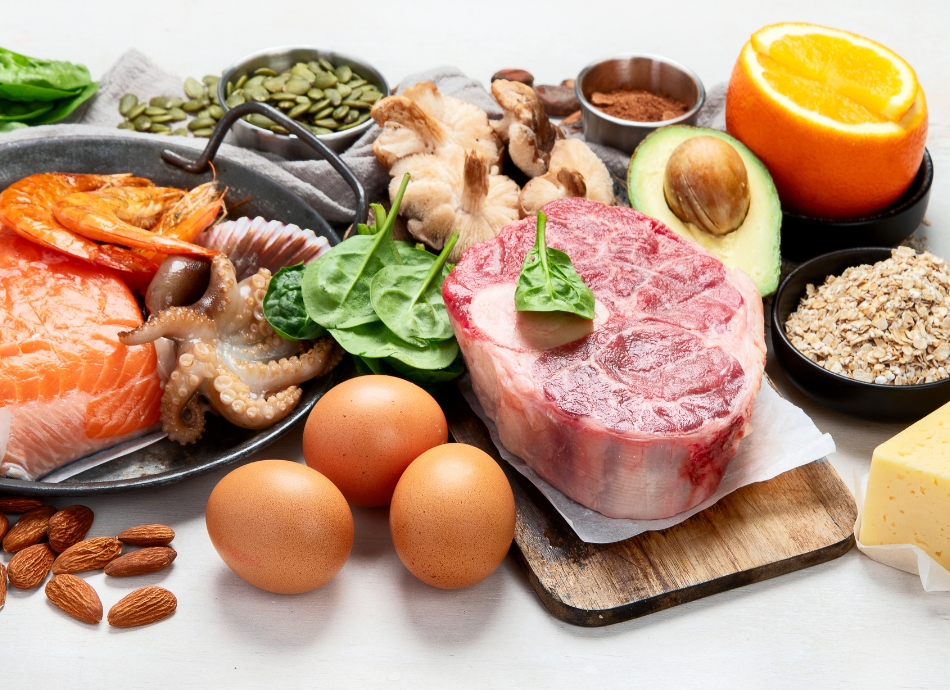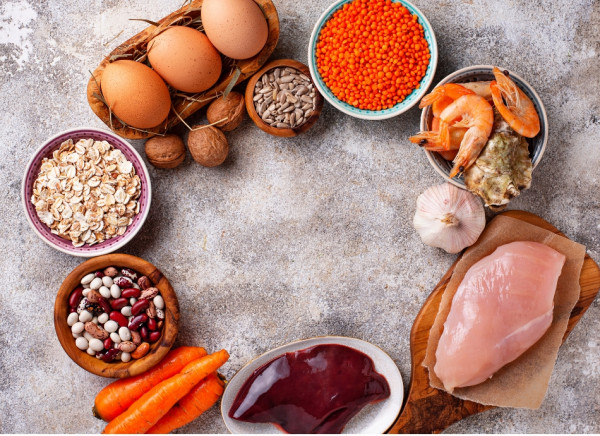The section above describes the groups of people who may not be getting enough zinc. If you are in one of these groups, talk to your healthcare provider to see if you need to take a zinc supplement or multivitamin (which usually has zinc as an ingredient).
Zinc for the common cold?
It has been suggested that zinc may help speed recovery from the common cold and reduce its symptoms if it's taken within 24 hours of cold symptoms starting.
A recent review found that zinc may provide some limited benefits for people with the common cold, eg, reducing the length of symptoms by about 2 days. However, there's not enough high-quality evidence to recommend zinc supplementation for the prevention or treatment of the common cold.
Zinc for age-related macular degeneration (AMD)
Age-related macular degeneration (AMD) is an eye disease that gradually causes vision loss as you get older. It affects the central area (macula) of the back of your eye.
Antioxidant vitamins and minerals may help to protect the macula and prevent loss of vision.
A recent review of studies found taking an antioxidant multivitamin supplement (containing vitamins E and C, beta‐carotene plus zinc) probably slows down the progression of AMD and vision loss. However, the studies in this review were small which means there is lack of good evidence around the safety of this approach. It's important to talk to your doctor about the safety of a supplement for you and your individual needs.
If you're thinking about taking a zinc supplement, talk to your healthcare provider first as it may interact with other medicines you're taking.







